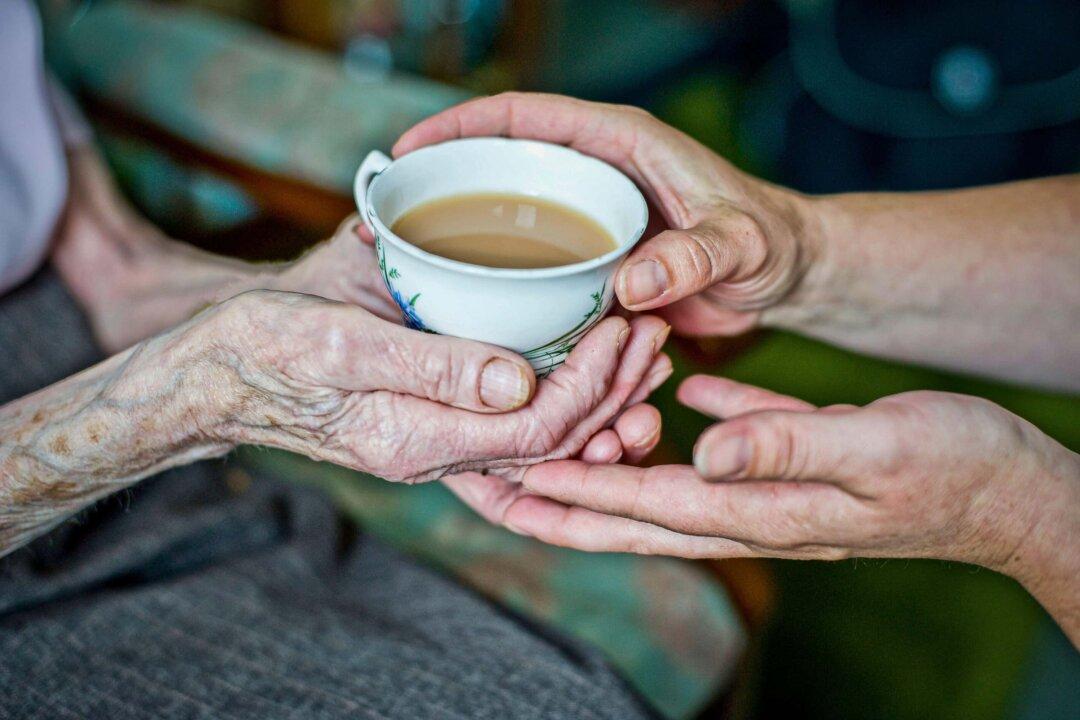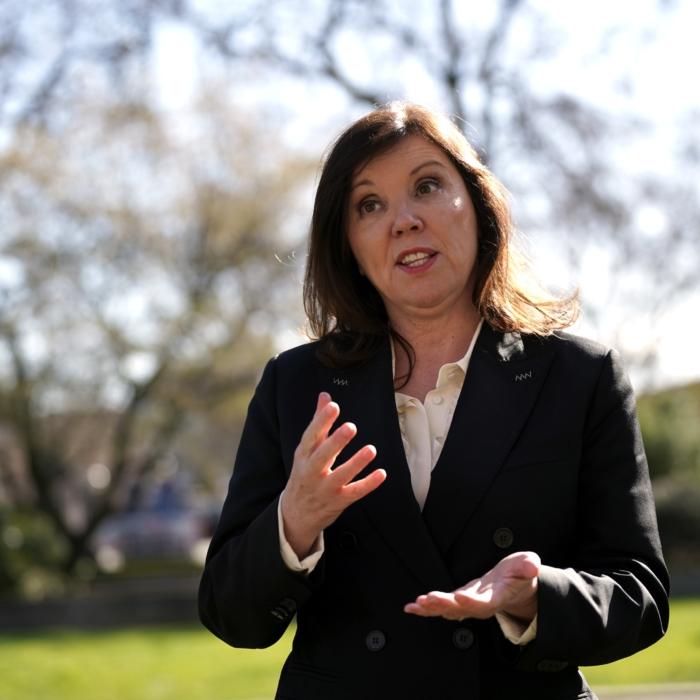Over 60 percent of current and former unpaid carers said they were left with “no choice” but to take on unpaid caring roles. It amounts to the equivalent of 10 million people, according to the YouGov polling data within the report.
Conversely, about 30 percent of current and former unpaid carers said other care options were available, however they chose to undertake the unpaid carer role.
The report suggests the situation may be getting worse for those looking after disabled, older, or ill relatives or friends, with alternative care and support options being reduced over time.
It is estimated that around 16.1 million people have been or are currently an unpaid carer in the UK.
Since 2011, the number of hours of unpaid care being provided has increased considerably, with 1.5 million people in England and Wales now caring for over 50 hours a week.
One in two Brits will find themselves in the position of providing unpaid care by the time they are 50, with two-thirds of Britons providing care in their lifetime.
Carers UK have called for more government support for carers in Britain from whichever party wins at the general election on July 4.
In a press release on Monday to coincide with carers week, the trustee-led organisation said the public widely supports more provision for carers.
‘Put Carers on the Map’
Helen Walker, chief executive of Carers UK said she “wanted to put carers on the map.”“We want unpaid carers to know they are not forgotten, and they are not alone. Many are at breaking point, facing huge challenges with their caring responsibilities,” Ms. Walker said.
“On top of this, they are struggling to manage their own health and wellbeing. Carers are worried about their long-term health, security and ability to care in the future,” she added.
The impact on unpaid carers who are left with “no choice but to care” is taking a heavy toll on many. The report found that 70 percent of respondents said it was affecting their mental health, 60 percent their physical health, 56 percent said it was negatively affecting their job and ability to work, 54 percent on their finances and savings, and 43 percent said it was affecting their personal relationships.
“These findings demonstrate how caring can have a profound effect on every aspect of life and wellbeing, from mental and physical health, being able to work, or affecting their future income including pensions,” said Ms. Walker.
“With an ageing population, this is becoming ever more important,” she said.
The report found that women are more likely to provide unpaid care and put in more unpaid hours of work. Women also reported that the unpaid care was negatively impacting their physical and mental health more than men, as well as reporting higher levels of negative impact on their jobs and ability to work, worries about their pension, and effects on their relationships.
David Fothergill, chairman of the Local Government Association said in an emailed statement to The Epoch Times on Monday: “Councils recognise the enormous contribution of unpaid carers who provide vital support for thousands of people every day. Helping councils to better support unpaid carers should be a crucial part of a long-term and sustainable funding solution for social care.
“Our Local Government White Paper calls for more support for unpaid carers and a renewed focus on prevention and it is crucial that whoever forms the next government should work to support them to continue their vital role,” said Mr. Fothergill.
“Investing more in early action is fundamental to ensuring someone can continue living independently in the home and community they love,” he said.
The 2012 study revealed an estimated £5.3 billion “wiped from the economy” in lost earnings “due to people who’ve dropped out of the workforce to take on caring responsibilities.”
“Unpaid carers provide a staggering £162 billion of care a year looking after severely disabled, chronically ill and older relatives and friends,” said Ms. Walker.
“When so many unpaid carers have no choice about caring, the next government has a responsibility to care about them, too.”







